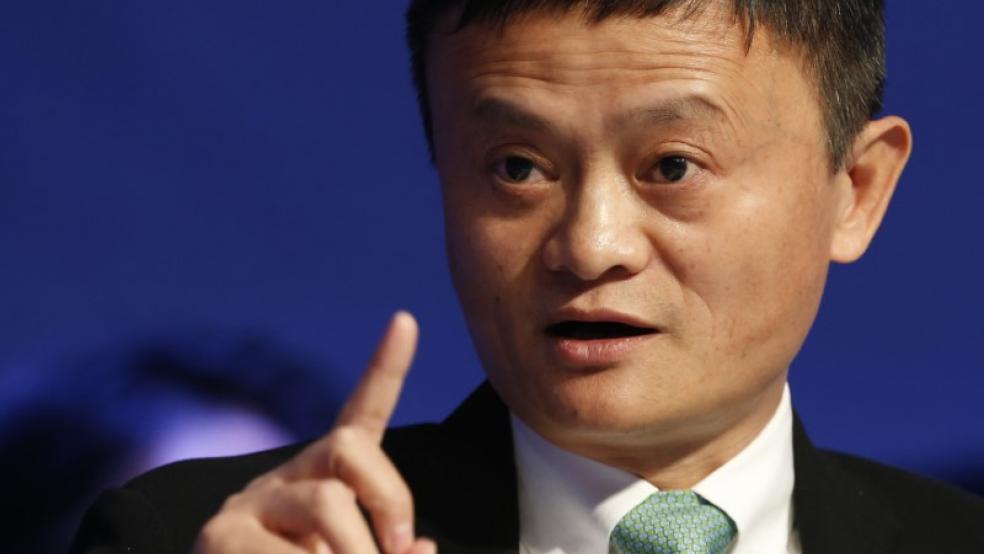NEW YORK (Reuters) - The European Central Bank's exit from its ongoing asset purchase program would largely depend on economic data, ECB policymaker and Bank of Italy Governor Ignazio Visco said on Monday.
"Communicating as to when and how we are going to exit from our asset purchase program is difficult. We know that at some point we need to get out," Visco said at an event sponsored by the Official Monetary and Financial Institutions Forum at Columbia University."We know that there are unintended consequences of maintaining interest rates low for too long. Right now, we are data-dependent." The ECB has spent more than a trillion dollars buying bonds in efforts to lift inflation, which is still just above zero and is not expected to reach the central bank's target of almost 2 percent for at least two years.Visco said the ECB has the benefit of learning from the Federal Reserve's experience with its own stimulus program.The end to the ECB's QE program has become an issue in recent days in the wake of a Bloomberg report last week that there was already consensus among ECB rate setters to reduce the 80 billion euros ($89 billion) monthly bond purchases. That report has been rejected by the ECB.Last week's minutes of the ECB's September 7-8 policy meeting showed that policymakers agreed that euro zone's economy needs continued monetary stimulus as underlying price growth showed no sign of a strong recovery.Visco on Monday stressed that euro zone interest rates will remain low for some time, "but not negative." Visco added though that while negative interest rates are a challenge especially to bank profitability, they are "becoming normal" globally.The ECB official also said if not for the ECB's monetary policy, the euro zone would have seen deflation by now."We went the unconventional route, but the ECB monetary policy has been effective," Visco said. (Reporting by Gertrude Chavez-Dreyfuss; Editing by Paul Simao and Steve Orlofsky)ECB policymaker Visco says QE exit would be data-dependent

DENIS BALIBOUSE



